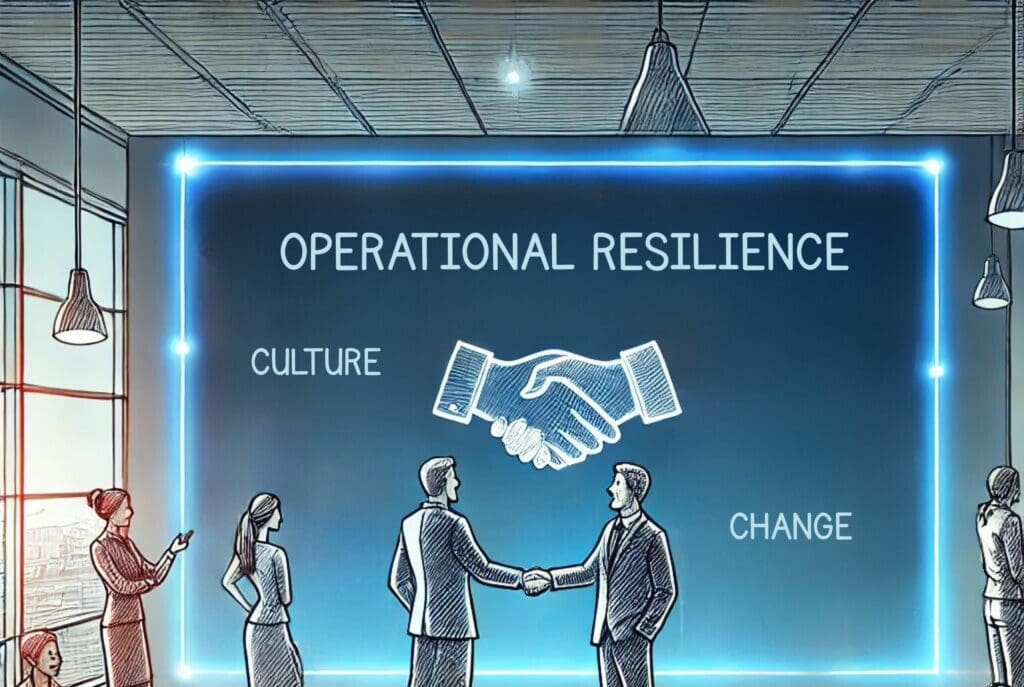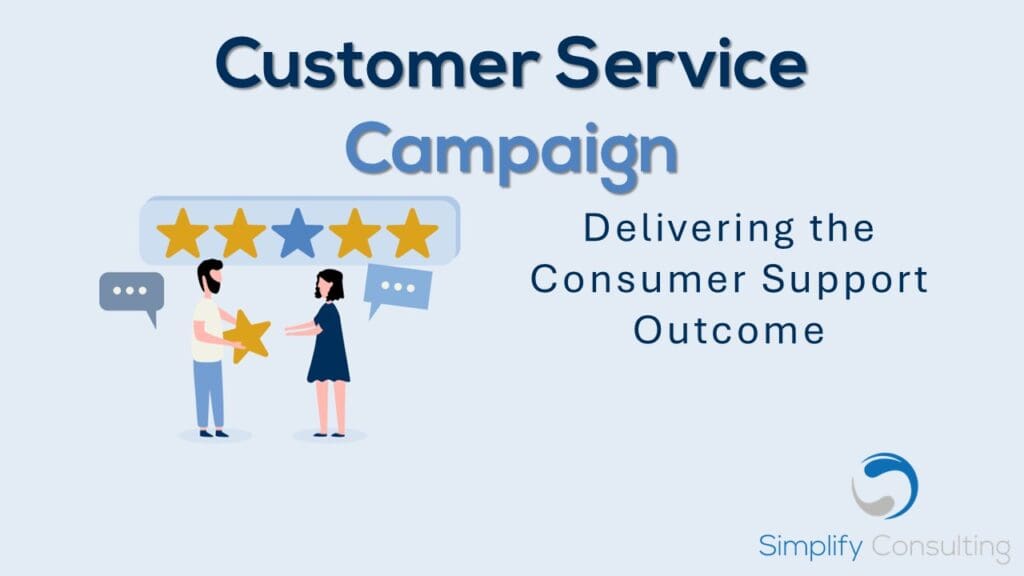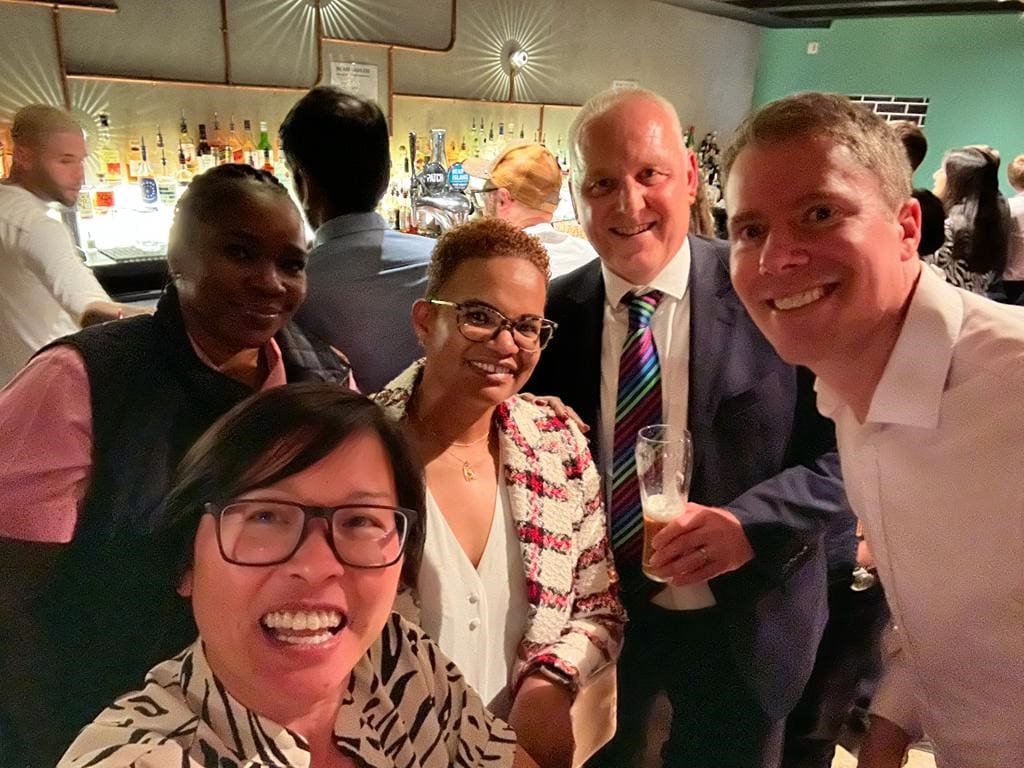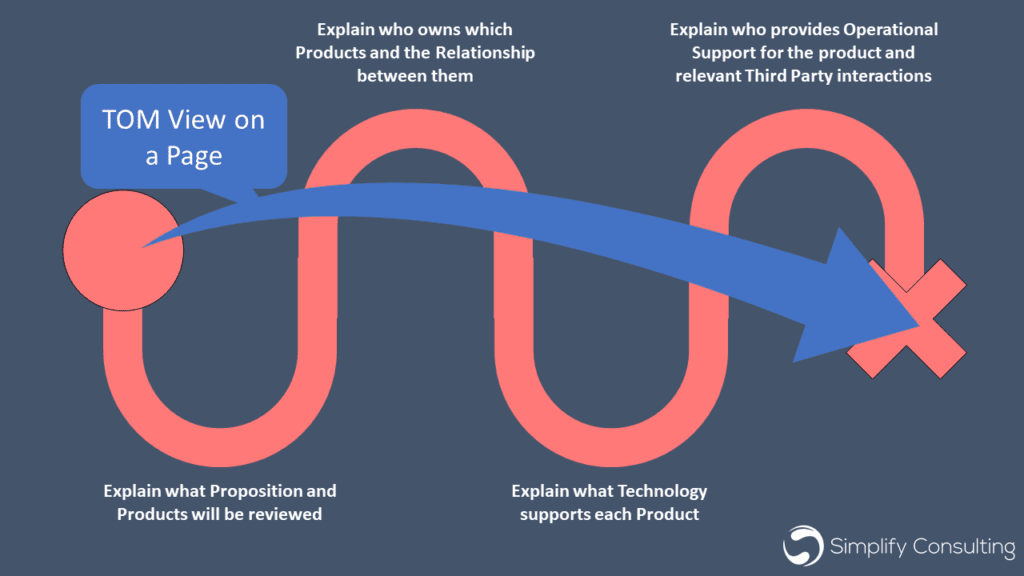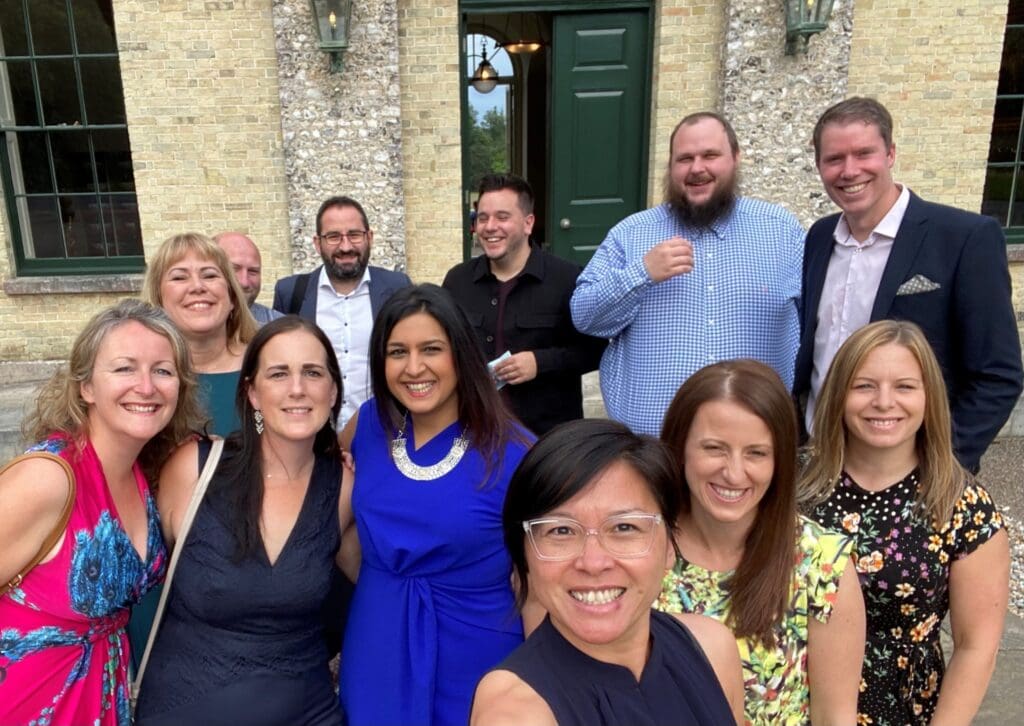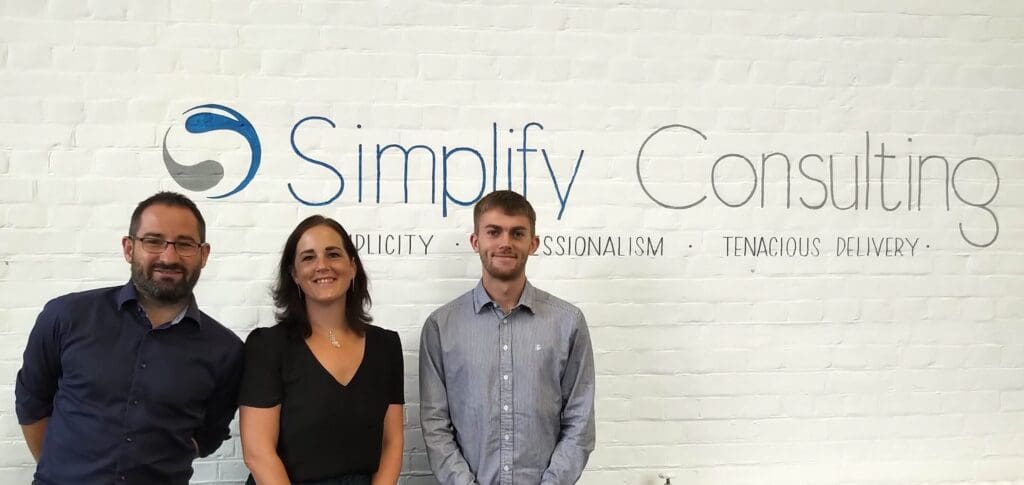With the next generation who are more and more tech savvy wanting quick and easy ways to do business or resolve problems does the contact centre have a part to play? Contact centres have been around for many years, however they haven’t really evolved or moved with the times, certainly not in a way that benefits the customer. This was a topic we recently discussed at Simplify. We concluded that almost without exception, calling a contact centre is an extremely frustrating process. They certainly aren’t designed with the customer in mind but more with a view to minimising calls and therefore costs, which is fine if you get it right, but many companies don’t.
I have worked in contact centres for most of my career and having run one for a Wealth business for seven years, I often find myself observing areas companies could improve whilst going about my personal interactions with contact centres. During the pandemic many of us had to rely on contact centres more than ever and this is where their technology and infrastructure will have been really tested.
There are three key areas which need to be addressed if contact Centres are to survive.
Cost Efficiency
Firstly, they need to be cost effective. Businesses often don’t want to invest money in contact centres, which in many cases are seen as a cost to the business. In a post Covid world, there is a real opportunity to fully embrace home working and relinquish expensive office space which is a massive overhead. Focussing on First Call Resolution by multiskilling staff to help with more types of calls and therefore less handoffs will help shorten calls. This also means you can deploy staff to whichever areas are seeing the highest call volumes. It used to frustrate me when I had agents trained on one product sat waiting for calls, whilst calls were queuing on other lines and no agents were available. There is also a huge benefit in having agents that can deal with inbound, outbound, emails and web queries, making your agents more efficient. Having agents sat around waiting for the phone to ring feels dated and wasteful.
Technology
Secondly tech is the number one area which I think can fundamentally change the future of the contact centre but all too often it is the cause of customer frustration. Businesses often fall foul of trying to use tech but not in a way that is right for their customers. In many cases the tech just isn’t good enough to do what it is designed to do. In an age where tech has advanced so significantly it is strange that contact centre tech hasn’t.
The use of voice bots feels like a real opportunity but if the tech can’t understand the commands, then it’s just going to anger the customer. I’ve seen demos where customers must repeat themselves numerous times, with the customer getting louder and louder each time whilst also elongating the call. In our discussions there are some who felt this is an impersonal, disingenuous, and even a creepy way to deal with customers. It certainly doesn’t make you feel valued but rather another way of avoiding speaking with you personally. Bots which try and resolve queries without the need to involve an agent again can mean quick resolution and unlimited resources at your fingertips. In my experience bots only work for a narrow number of queries, so more investment is needed for these to be the answer.
Customer Experience
Finally, customer experience should be at the heart of any business, and this is equally true for contact centres. The experience customers have will determine if they recommend the company to friends and family, stay loyal or share their horror stories and warn others off. I can’t help but think the customer is forgotten in many of the decisions made by contact centres. In an environment where cost control is fierce, call deflection is deployed to try and stop people calling. Techniques such as hiding the phone number doesn’t address the underlying customer query but rather adds more frustration. We did a little experiment at Simplify and I asked the team to look at various Financial Services/Wealth provider websites to see how easy it was to find their contact numbers, as hiding your phone number is a pet hate of mine. I won’t name and shame, but the best was 2 clicks, taking 10 seconds and the worst was 10 clicks, 2 and a half minutes and no number found unless you were vulnerable, needing to complain (and that number was hidden) or can’t access your account online. One person just couldn’t find any numbers on the website so resorted to google and found it instantly. It’s almost like they don’t want you to call!!
In Summary, customers fundamental requirements of a contact centre are generally quite basic. They could probably be categorised as Speed, Ease and Listen. I’m sure you could think of others but in my experience if you deal with a customer in a timely manner, make your number easy to find, multiskill your agents, simplify all the options. Make it easy for them to do business with you, use tech that is right for your customers and works properly, use tools to help such as call back options rather than holding on, tell customers how long the wait is, offer various ways to make contact. Listen to them when they need to raise something, make your complaints process easy, give customers various ways to raise concerns or provide feedback. Many won’t bother if it’s too difficult, they will just leave, so how do you know where the problems are in your contact centre!
I would urge any CEO or business owner who has call centres within their organisation to go through the experience their customers have to, from finding the number through to getting through to an agent. If they don’t like the experience, then there is a good chance their customers won’t either.
Reducing costs may enable businesses to invest more in the technology, however will the technology be good enough and will businesses use the tools that are right for their customers? For contact centres to survive it is clear they need investment as the next generation won’t put up with what the rest of us have just come to accept.
My instincts tell me that contact centres will be around for some time to come yet as few businesses currently offer a viable alternative. However, they are likely to continue to frustrate customers until the tech significantly advances. In time I think newer generations will demand better and businesses that don’t rise to the challenge will fall by the wayside.

Matt Short
Business Manager

















